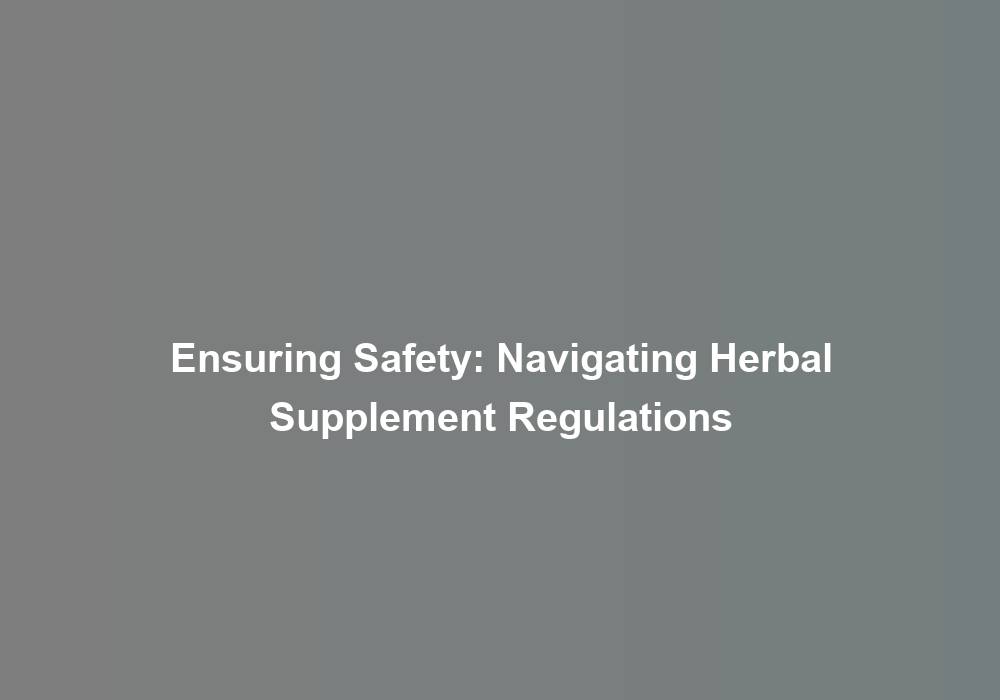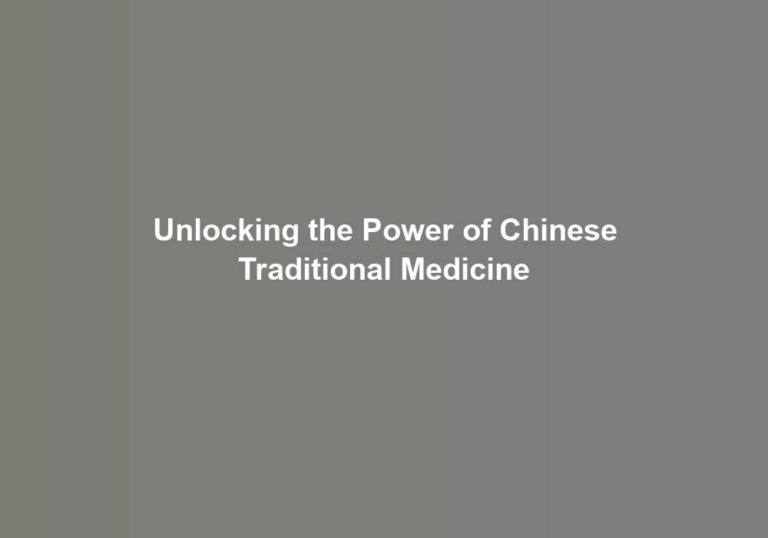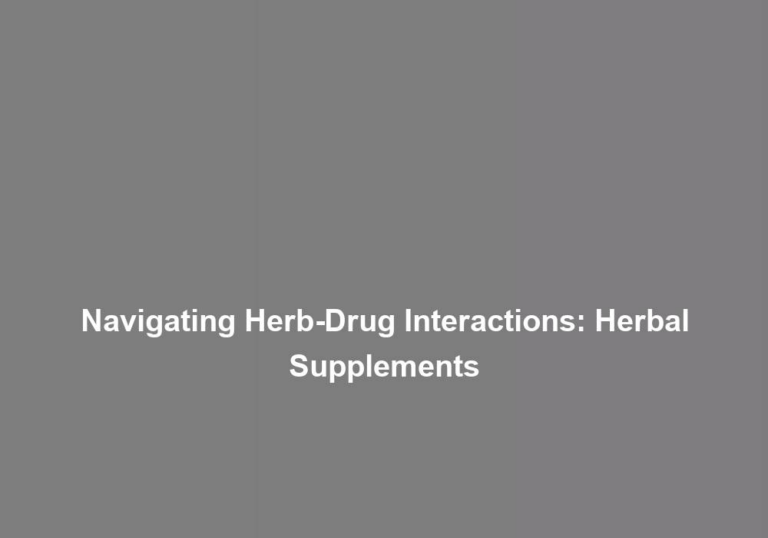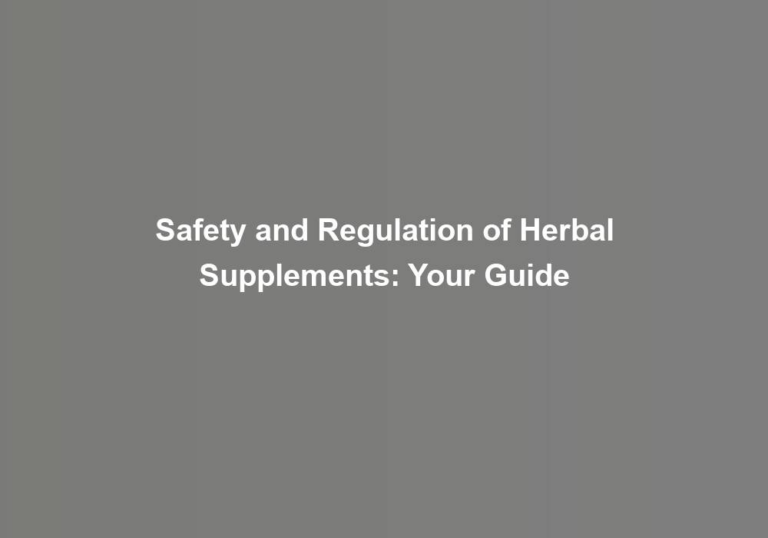Ensuring Safety: Navigating Herbal Supplement Regulations
Navigating the complex landscape of herbal supplement regulations is like charting a course through a dense forest G?? it requires careful attention to detail and a keen understanding of the terrain. As a consumer, you rely on herbal supplements for various health benefits, but ensuring their safety and efficacy involves a multifaceted approach. From regulatory bodies overseeing the industry to the compliance requirements for manufacturers and the guidelines for labeling and marketing, the journey to understanding herbal supplement regulations is a crucial one. But how do these regulations impact the products you consume, and what measures are in place to safeguard your well-being?
Importance of Herbal Supplement Regulations
Understanding the importance of herbal supplement regulations is crucial for ensuring the safety and efficacy of these products. Herbal supplements have gained popularity due to their perceived health benefits, but without proper regulations, there are inherent risks to consumers. One of the key benefits of herbal supplement regulations is the assurance of quality control. Quality control measures, such as standardized manufacturing processes and product testing, help to ensure that the supplements meet specific quality standards and contain the ingredients listed on the label. This is essential for maintaining the safety and effectiveness of the products.
Additionally, regulations play a vital role in mitigating the risks associated with herbal supplements. Without proper oversight, there is a heightened risk of contamination, mislabeling, or the presence of harmful substances in the supplements. Regulatory enforcement helps to address these risks by implementing standards for manufacturing, labeling, and testing. This oversight is essential for protecting consumers from potential harm and ensuring that they can trust the products they are purchasing.
Understanding Regulatory Bodies
Regulatory bodies oversee and enforce compliance with herbal supplement regulations to ensure consumer safety and product efficacy. Understanding these regulatory bodies is crucial for both consumers and industry professionals. When it comes to herbal supplements, the following points are essential to consider:
-
Regulatory oversight: Regulatory bodies, such as the Food and Drug Administration (FDA) in the United States or the European Medicines Agency (EMA) in Europe, play a vital role in overseeing and enforcing compliance with herbal supplement regulations. Understanding the specific responsibilities and authority of these bodies can provide insight into the level of scrutiny and control exercised over the herbal supplement industry.
-
Industry standards: Familiarizing yourself with industry standards and best practices set forth by regulatory bodies is essential for ensuring the quality and safety of herbal supplements. Compliance with these standards not only ensures the legality of products but also reflects a commitment to producing high-quality, safe supplements.
-
Regulatory updates: Staying informed about regulatory updates and changes is crucial for both consumers and industry professionals. Understanding how regulatory bodies adapt to new scientific findings or emerging issues in the herbal supplement industry can provide valuable insights into the evolving landscape of regulations.
-
Compliance requirements: Knowing the specific compliance requirements set forth by regulatory bodies can help industry professionals navigate the complex regulatory framework governing herbal supplements. Understanding these requirements is essential for ensuring that products meet the necessary standards for safety and efficacy.
-
Consumer protection: Regulatory bodies are ultimately tasked with safeguarding consumer interests, and understanding their role can provide consumers with confidence in the safety and reliability of herbal supplement products.
Compliance Requirements for Manufacturers
To ensure compliance with herbal supplement regulations, manufacturers must meticulously adhere to the specific requirements set forth by regulatory bodies, demonstrating a dedication to producing safe and effective products for consumers. Adhering to manufacturing standards is crucial in this process. Manufacturers must maintain facilities that meet stringent manufacturing standards to ensure the quality and purity of herbal supplements. This includes establishing and following protocols for cleanliness, sanitation, and environmental controls to prevent contamination and ensure the integrity of the products.
Quality control is another essential aspect of compliance for manufacturers. Implementing thorough quality control measures throughout the manufacturing process is imperative. This involves rigorous testing of raw materials, in-process samples, and finished products to verify their identity, purity, strength, and composition. Manufacturers must also keep detailed records of these quality control tests and make them available for regulatory inspections.
Furthermore, manufacturers must accurately label their products in compliance with regulatory requirements. This includes providing clear and accurate information about the contents of the supplement, dosage recommendations, and any potential side effects or interactions. Failure to comply with labeling requirements can lead to serious consequences, including product recalls and legal actions.
Labeling and Marketing Guidelines
When creating labels and marketing materials for herbal supplements, ensure that all information provided is accurate, clear, and compliant with regulatory standards to effectively communicate the productG??s benefits and potential risks to consumers. To achieve this, it is crucial to adhere to specific labeling standards and marketing restrictions. Here are the key guidelines to keep in mind:
- Accurate Information: Provide truthful and scientifically supported details about the herbal supplement to establish trust with consumers.
- Clarity in Communication: Use language that is easily understandable, avoiding jargon or ambiguous claims to ensure consumers can make informed decisions.
- Compliance with Regulatory Standards: Adhere to all relevant regulatory requirements to avoid potential legal issues and maintain consumer confidence.
- Transparent Benefit and Risk Communication: Clearly outline the potential benefits and risks associated with the herbal supplement to empower consumers to make educated choices.
- Ethical Marketing Practices: Ensure that all marketing materials are honest, ethical, and avoid making false or misleading claims to build a positive brand reputation.
Consumer Education and Safety Measures
As you strive to provide accurate and clear information on labeling and marketing materials for herbal supplements, itG??s essential to prioritize consumer education and safety measures to empower individuals to make informed choices about their health. Ingredient transparency and quality control are crucial aspects of consumer education. Providing detailed information about the ingredients used in herbal supplements, including their sources and potential allergens, allows consumers to make well-informed decisions based on their individual health needs and concerns. Quality control measures ensure that the herbal supplements meet specific standards for purity and potency, giving consumers confidence in the products they choose.
Equally important is the education about potential side effects and drug interactions. Consumers should be aware of any possible adverse reactions that could occur from the use of herbal supplements, especially when combined with other medications or existing health conditions. By providing clear and accessible information about potential side effects and drug interactions, consumers can take proactive measures to avoid any negative consequences and make choices that align with their overall well-being.
Empowering consumers with knowledge and understanding of herbal supplements not only promotes a sense of belonging to a community focused on health and wellness but also fosters a culture of proactive self-care. By prioritizing consumer education and safety measures, you contribute to a safer and more informed marketplace for herbal supplements, ultimately benefiting the well-being of individuals.
Conclusion
In conclusion, ensuring the safety of herbal supplements is crucial for both manufacturers and consumers. Are you ready to take charge of your health by being informed about the regulatory standards and making educated choices? Stay informed, stay safe, and prioritize your well-being when it comes to herbal supplement use.







